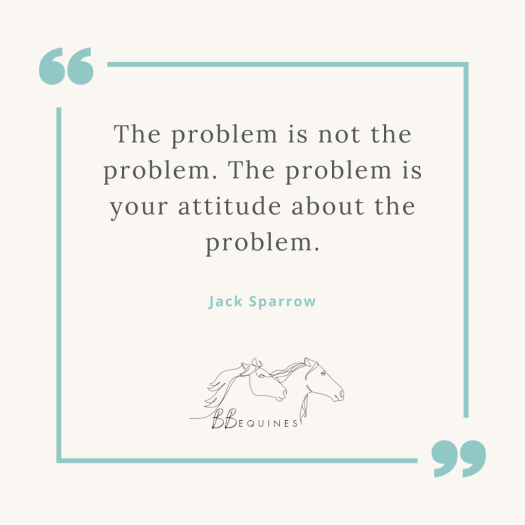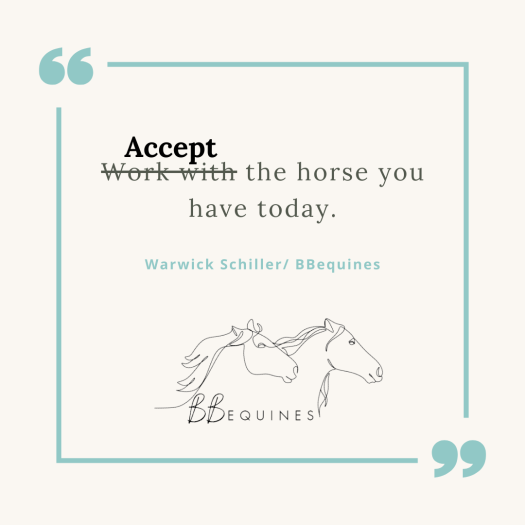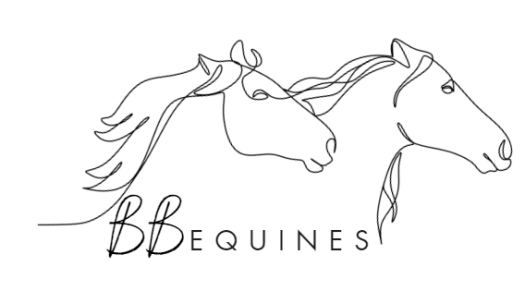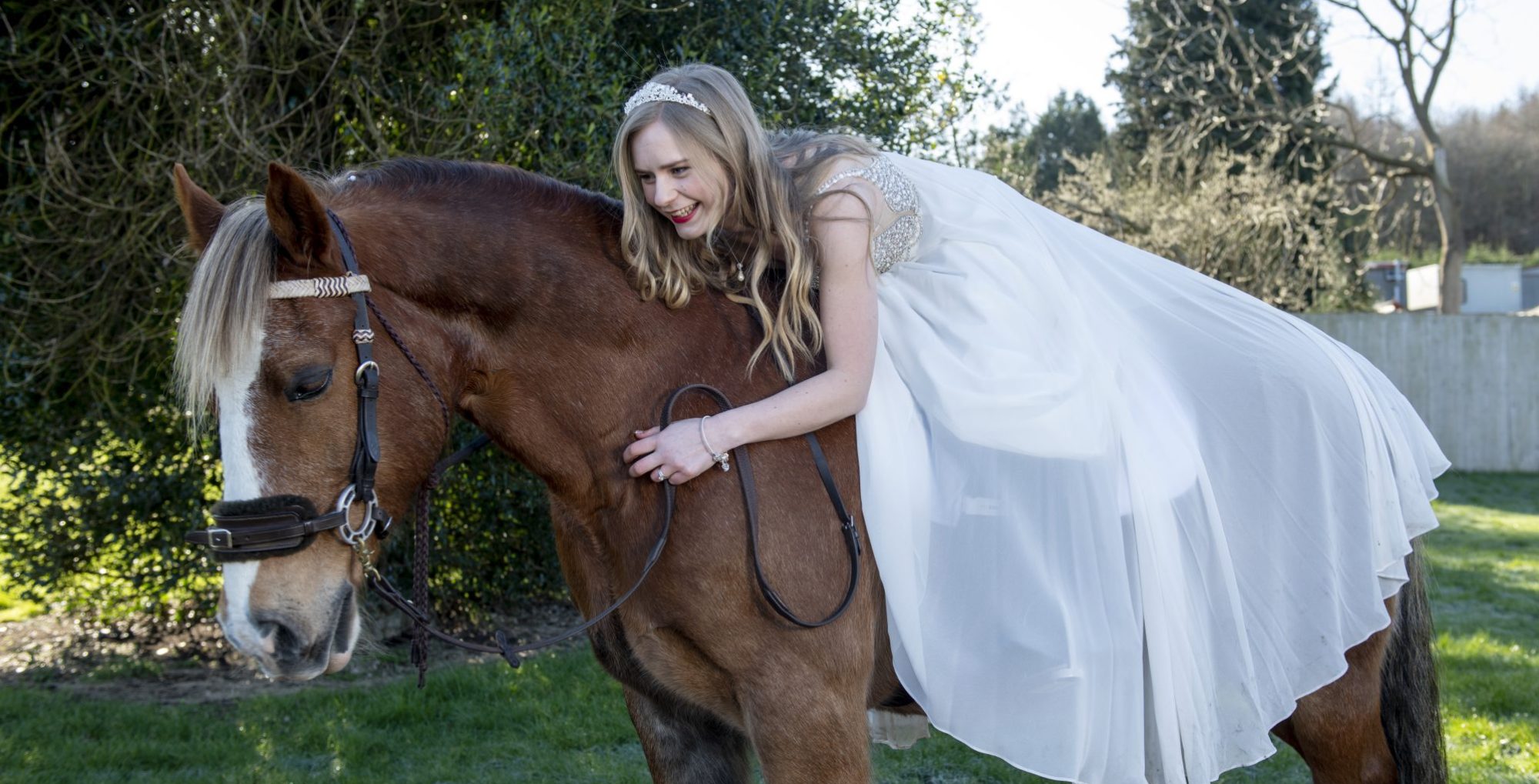Hello, and welcome back to the blog. Today, I am sharing the third of a six blog post series called ‘The Confident Rider’. If you missed the last post where I talked about 5 slow steps you can start taking to boost your riding confidence, you can check it out at Part 2: Re-building the Course where I covered things such as visualisation, goal setting and routines.
In Part 1: Losing Confidence, we discussed some of the causes of confidence knocks and I went into some detail on my own experiences of losing confidence. In today’s post, we are exploring some of the internal barriers which can affect our confidence levels with some top tips to combat these barriers.
In this post, I will refer to these barriers as ‘Mind Oxers’; these are merely hurdles that we face internally that can either cause us to stop and refuse to go over them, or provide us with a challenge which requires a bit of spring and impulsion to get over them.
I am a primary school teacher and I spend almost every day trying to promote a growth mindset in my students to encourage them to try things and change their perspective when they encounter problems; if only I’d follow my own advice. One quote I use with my students regularly is:

I find this to be very much true in relation to horses. Yes, sometimes the horse is the thing that we are nervous about but other times, the problem isn’t actually the horse. The problem is our attitude and internal monologue about the horse, perhaps due to a past experience with the horse or a generalisation that all horses will act a certain way.
A BBequines Anecdote:
My horse, Bo, was a handful when he was younger and would often cause me some grief out hacking with all of his spooking. I came to think that all horses would act in this way and would often get nervous at the thought of riding another horse, even if they weren’t spooky at all. I generalised all horses due to my own insecurities and confidence levels throughout that tricky time with Bo.
In contrast, my horse Harry is not spooky by nature. He is quite a plod along and doesn’t tend to worry too much about things. I will often think that he is going to do something or explode because he is an ex-racehorse, but he has actually not done anything that should make me feel nervous. However, years of riding a challenging horse and having ups and downs in my confidence makes me think he is destined to make my life difficult.
So, the moral of that little anecdote is that my problem with Harry is not actually a problem with Harry. My problem with Harry is, in fact, my problem with myself and my own insecurities which I hinted at in the first post in this series.
Anyway, let’s move on to what some of these Mind Oxers are and some top tips to help overcome them.
Mind Oxer #1: Negatively Forecasting Events
Do you ever notice that throughout your ride you have managed to create 386 risk assessments and you’ve only ridden for 15 minutes? You are so skilled that you can acutely analyse what the worst case scenario of coming across that plastic bag would mean for your life and you find yourself praying your horse doesn’t look at it. Been there. Often still there.
This kind of thinking; the kind where you are focussed purely on what your horse might do or what could go wrong, means you are negatively forecasting events, which makes your brain think you’re in some kind of imminent danger the entire time you ride. It’s no wonder then that you don’t really feel like you want to hop up in the saddle. It’s like preparing for battle every time.
Top Tip: Try saying stop to yourself when you start to think a problem is going to arise, this can be enough to stop the thought in it’s tracks. Then, do something to distract yourself- ride a circle, do a transition, notice something else in the distance or sing a song to yourself. It can help take the edge off and stop you from overanalysing as you ride.
Mind Oxer #2: Being Outcome Focussed
Obviously, when we are training horses there is often some kind out outcome that we are expecting. It could be that we want them to just walk down the lane without spooking at anything or it could be that we want to master our two time changes. It’s good to have goals and it’s good to work towards outcomes, to an extent.
If every time, you have such high expectations to meet an outcome that you know you may not meet, you are going to feel frustrated and disappointed which can do wonders for making you lose confidence in your ability.

This quote is one of the principles of training in Warwick Schiller’s book. I like to change the wording to ACCEPT the horse you have because they are individuals. The horse you had yesterday might not be in the same mindset. The horse you have tomorrow might forget those two time changes you worked on today.
Top Tip: So while it is useful to work towards goals, ensure you accept the horse you have today and try not to measure your ability and your value as a rider against the horse of yesterday or tomorrow. Sometimes training sessions deviate from your plan, and that is ok.
Mind Oxer #3: Judgements
Ah, the old comparison. We’ve done it forever. Social media makes it worse, but it has been there for a long time. It is almost human nature to compare ourselves to other people. This fact also aligns in riding. I’m sure everyone has felt lesser at some point when it comes to riding. I know I certainly have and it’s even worse when I haven’t ridden consistently in what seems like forever.
Consider that perhaps the people at your yard (and their judgments) might be a contributing factor as to why your confidence is not where it should be and why you might not even be riding.
Top tip: If judgements of others and comparison is a contributing factor in your confidence levels, try to consider how you can reduce their influence while you get yourself back on track. Perhaps it means unfollowing people on social media, or perhaps it means going to they yard at a time (if possible) that is quiet so you have time to show yourself some grace and work on you. As you gain confidence, it won’t be so much of an issue if others are there.
Mind Oxer #4: Perfectionism
If you are a bit of a perfectionist, meaning you need to have things in a certain way and get stressed if they feel unaligned/ unstructured/ messy or unproductive, consider this motto:
Good enough is great.
Sometimes we go into riding with too much pressure on ourselves to achieve all of these wonderful goals we have. We then fixate on mistakes and feel like we’re not succeeding if things don’t go to plan. Perfectionism can really steal the joy from your riding and can also steal your confidence because you are placing so much emphasis on things having to be ‘just so’. It can even get so much as to make you think you should just give up because you’ll never be able to do it.
Let me repeat:
GOOD ENOUGH IS GREAT
If you are trying, give yourself a break, you simply cannot suddenly be all that you want. Try to see each ride or even each time you visit your horse as a mini win and a step closer to being a more confident horse-person.
Top tip: set the bar really low for yourself to start. If you get nervous with riding, maybe just say you’re going to groom your horse and that is all you expect of yourself. It might even lead to doing something with your horse. Perhaps you decide you’re going to tack up and lunge your horse, and then you feel inclined to want to have a little sit on them at the end. Mini wins, but no pressure.
Do any of these points resonate with you?
Happy Horsing!


